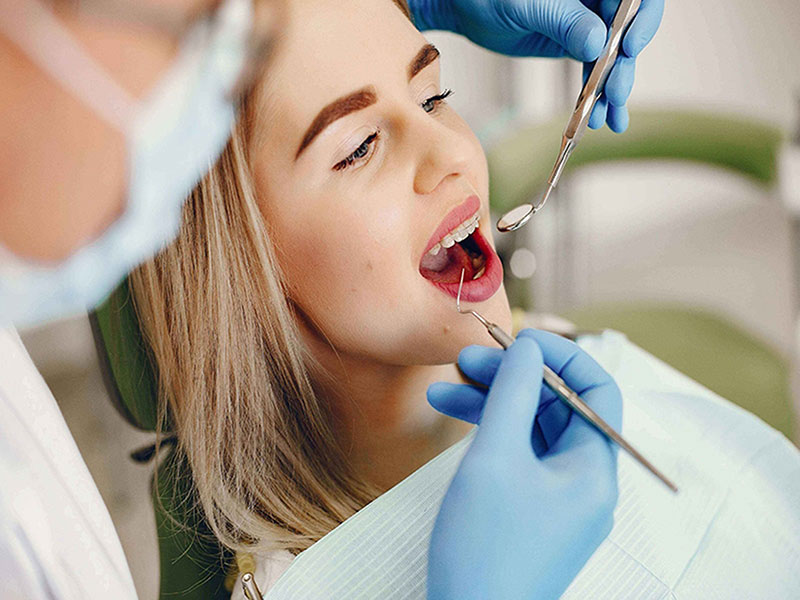Dental Care for Patients with Autism
Dental care for autism patients in Tehran – Autism Spectrum Disorder (ASD) is a common developmental disorder characterized by difficulties in social communication and restricted, repetitive patterns of behavior and thoughts. One in every 54 children is diagnosed with ASD diagnosed. Individuals with ASD face communication challenges and may exhibit specific behavioral traits such as difficulty with routine changes or in unfamiliar settings, or differences in sensory processing, which make preventive dental care and dental evaluations particularly challenging. Some research suggests that children with autism are at a higher risk for dental diseases.Focus on Oral Hygiene at Home
Individuals with ASD may face difficulties maintaining dental hygiene habits such as brushing and flossing due to sensory sensitivities. Some may have specific habits, such as teeth grinding, biting on the mouth or teeth, chewing non-food objects, or eating sugary foods, which can also impact their dental health. Furthermore, for some individuals with ASD, establishing communication to report dental issues can be difficult, leading to delays in seeking care. Establishing a regular oral care routine at an early age is recommended. Brushing should begin as soon as the first tooth erupts, using a small amount of fluoride toothpaste. If the child has taste or texture sensitivities, parents can try different flavors or use flavor-free or non-foaming toothpaste (without sodium lauryl sulfate). There are many options for toothbrushes, such as electric toothbrushes for children who enjoy vibration.Try to combine brushing with other daily activities or a preferred activity, such as bath time. Lying down on a soft carpet or bed with visual distractions like a book or mirror can provide easier access for parents to the child’s teeth and create more comfort for the child.Dental services
With a special discount
Possibility of Interest-Free Installment Payments
Providing all specialized dental services, including implants, orthodontics, cosmetic dentistry, surgery, and specialized treatments for children at Dr. Damghanipour’s specialized dental clinic.

For Many Individuals with ASD, Dental Visits Can Be a Challenge
Dental clinics often have bright fluorescent lights, loud noises from people and equipment, and unfamiliar procedures. Dental visits and treatments can be especially challenging for children with ASD who are sensitive to smells, tastes, and textures or who cannot tolerate people or objects near their face and mouth. Some dentists may also have limited experience or training in working with children with special needs and may be reluctant to treat individuals with ASD. Fortunately, there are many tips and strategies that can help individuals with ASD develop healthy habits and have a positive experience with dental care.Tips for Successful Dental Care for Autism Patients in Tehran
- Finding a dental clinic with a specialized and experienced dental team from the child’s first year can set the child on a path to lifelong oral health. The additional benefit of early visits is that they are quick and painless, helping to build trust with the dental team and familiarize the child with the dental environment.
- Call ahead of the visit to discuss your child’s specific needs and preferences. Things like noise-canceling headphones, listening to music, a weighted blanket or vest, sunglasses, turning off fluorescent overhead lights, limiting talking during the dental procedure, or watching the child’s favorite movie may help. Giving a handheld mirror for the child to watch can be helpful. A panoramic X-ray, which is quick and does not involve placing instruments in the child’s mouth, may be more tolerable than regular intraoral X-rays. Parents or caregivers can stay in the room to support the child while undergoing the X-ray.
- Provide visual supports and phrases like, “First, I will count your teeth, then you can go home.” Social stories and video models can help children with ASD understand what to expect and follow the steps.
- Encouragement during the dental visit and rewards after successfully completing each stage or at the end of the visit can be helpful. (It is better to offer rewards that are not sticky or sugary foods.)
